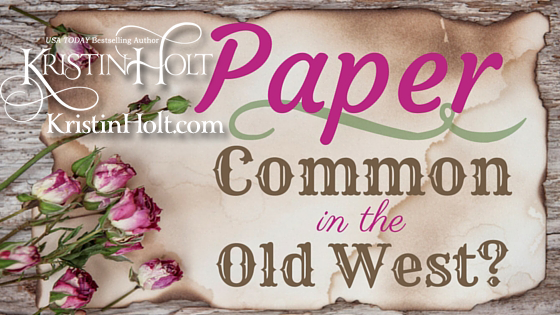
by Kristin Holt | Feb 18, 2021 | Articles
Nineteenth century breads often called for “a teacup of yeast,” a huge amount compared to today’s recipes. Victorian-era housekeepers (e.g. wives) made their yeast. And continued to whip up fresh batches of yeast (with a touch of the last batch as a starter) well after commercially prepared yeast waited on grocer’s shelves.

by Kristin Holt | Sep 5, 2016 | Articles
LABOR DAY was born of the circumstances within our Victorian-era United States Industrial Revolution. Unions wanted safer working conditions and 12- to 16-hour work days shortened to 8- or 9-hours. Strikes and protests lead to reform, and from the first Labor Day parade in 1882 peaceful Labor’s Holidays began to take root state by state until in 1894, Labor Day was declared by the President of the United States as a Federal Holiday. This article contains newspaper accounts from era papers, vintage photographs, and a dash of American history surrounding summer’s last hurrah.

by Kristin Holt | Jan 27, 2016 | Articles
I’ve read books where the intrepid hero has to reuse brown paper the mercantile owner used to wrap a purchase in order to leave the heroine an all-important note. I read another novel where a would-be bride’s employer deducted the cost of paper and envelope from her wages. Was paper that expensive? Did expense translate to scarcity?

by Kristin Holt | Jan 14, 2016 | Articles
Were pencils common in Old West households? How early were pencils invented?
Would you be surprised to learn mechanical pencils were invented and in vogue mid-nineteenth century?

by Kristin Holt | Oct 19, 2015 | Articles
At the Centennial Exhibition in Philadelphia, Pennsylvania, Charles Louis Fleishmann offered pieces of freshly baked bread made with the world’s very first commercially prepared yeast from an exhibit modeled after a Vienna Bakery. An increase demand for Fleischmann’s yeast soon followed, bringing about the building of Fleischmann plants in New York. In this article, I share five key concepts about 19th century bread baking that stood out as surprising key concepts–and I’m a bread baker…so finding myself caught off guard by such research was really something.













